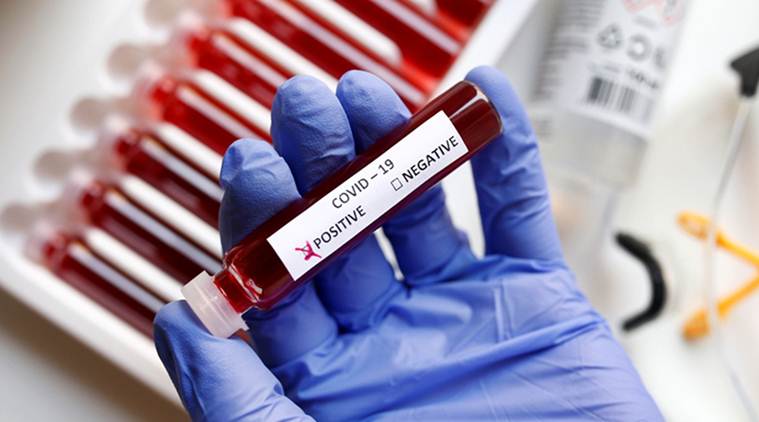 The area, civic officials said, provides a huge pool for eligible plasma donors. Until Saturday, 2,235 people from Dharavi have recovered from the disease. (Representational)
The area, civic officials said, provides a huge pool for eligible plasma donors. Until Saturday, 2,235 people from Dharavi have recovered from the disease. (Representational)
Sixteen people who had fully recovered from Covid-19 donated plasma at the blood banks of Sion, KEM and Nair hospitals, civic officials said Saturday. The donors were among the 42 people identified by the Brihanmumbai Municipal Corporation (BMC) as fit to donate plasma at a first-of-its-kind plasma screening camp organised at Dharavi from July 23.
A total of 181 residents of Dharavi, who had recovered from the viral disease, had attended the six-day screening camp. With the success of its first camp, the civic body is planning to organise a second such camp in the slum sprawl.
The area, civic officials said, provides a huge pool for eligible plasma donors. Until Saturday, 2,235 people from Dharavi have recovered from the disease.
The 2.4 sq km slum sprawl, which had emerged as a Covid-19 hotspot in Mumbai by mid-April, witnessed a steady decline in the number of new cases since June. On Saturday, four new cases were recorded taking the total number of positive cases to 2,560.
Currently, there are 72 active cases in Dharavi when it had over 500 active cases till last month. BMC officials said the daily count in the area has been below 20 for a fortnight and the average daily cases in July has been around nine.
Convalescent plasma therapy, an investigational therapy used in the Covid-19 treatment, involves collecting plasma from patients who have recovered from the disease and injecting them into infected patients to improve antibody response in the latter against the virus. A potential donor is screened for infectious diseases, like HIV and hepatitis, before being allowed to donate plasma. Haemoglobin count, weight, comorbidities are also checked before a patient is allowed to donate plasma. People with comorbidities such as diabetes, hypertension, and cancer are excluded from the process.
An eligible donor can donate 400-500 ml of plasma, which can help two patients.